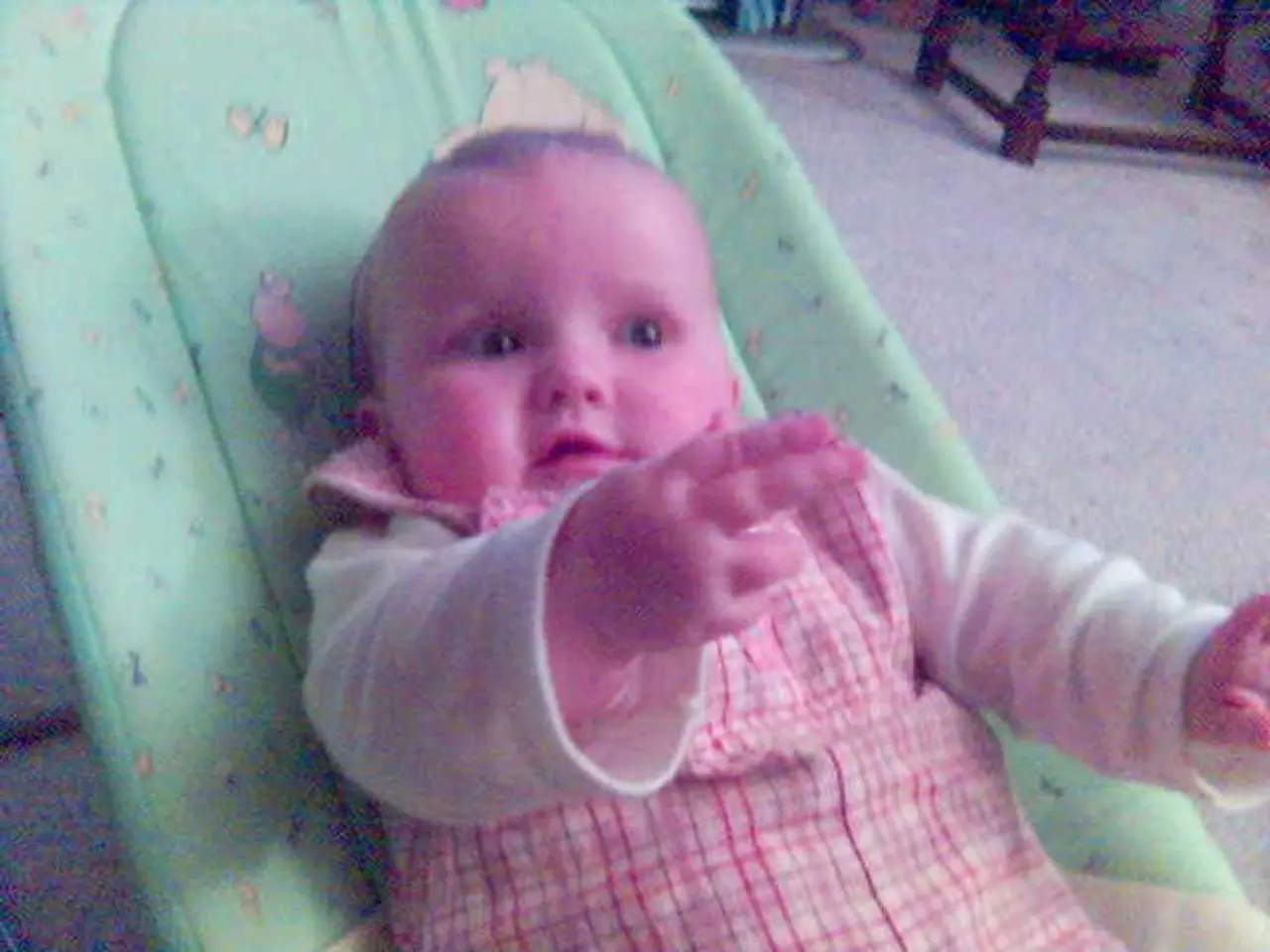investigates the FEMA: Is financial assistance due for the biological father's death benefiting an adopted child?
In Russia, the Family Code outlines the rights of children whose parents have been deprived of parental rights but have not been adopted.
If a child has not been adopted and only one of their parents has been deprived of parental rights, the child retains various property rights. This includes the right to own or use a dwelling, as stipulated in Article 71 of the Family Code.
Moreover, the child also retains the right to inherit property based on the fact of kinship with their parents and other relatives. This means that, even if the biological parent has been deprived of parental rights, the child can inherit property from them.
Interestingly, this is not the case for adopted children. Once a child is legally adopted, they lose all rights related to their biological family, including the right to receive payments in case of the biological parent's death and the right to inherit from them.
It's worth noting that if the biological parent has only been deprived of parental rights but not adopted, the child's property rights, including the right to receive payments, are not affected.
In the event of the biological parent's death, the child who has not been adopted and whose parents have been deprived of parental rights, can still receive payments as per the law.
When a child is adopted and thus separated from their biological parents, the adopted child typically acquires inheritance rights from the adoptive parent, similar to those of a biological child. However, the inheritance rights from the biological parents are generally terminated upon adoption.
In conclusion, in Russia, the property and inheritance rights of children are complex and dependent on whether they have been adopted or not, and whether their parents have been deprived of parental rights or not. It's essential for families to understand these rights to ensure the best possible outcomes for all parties involved.






